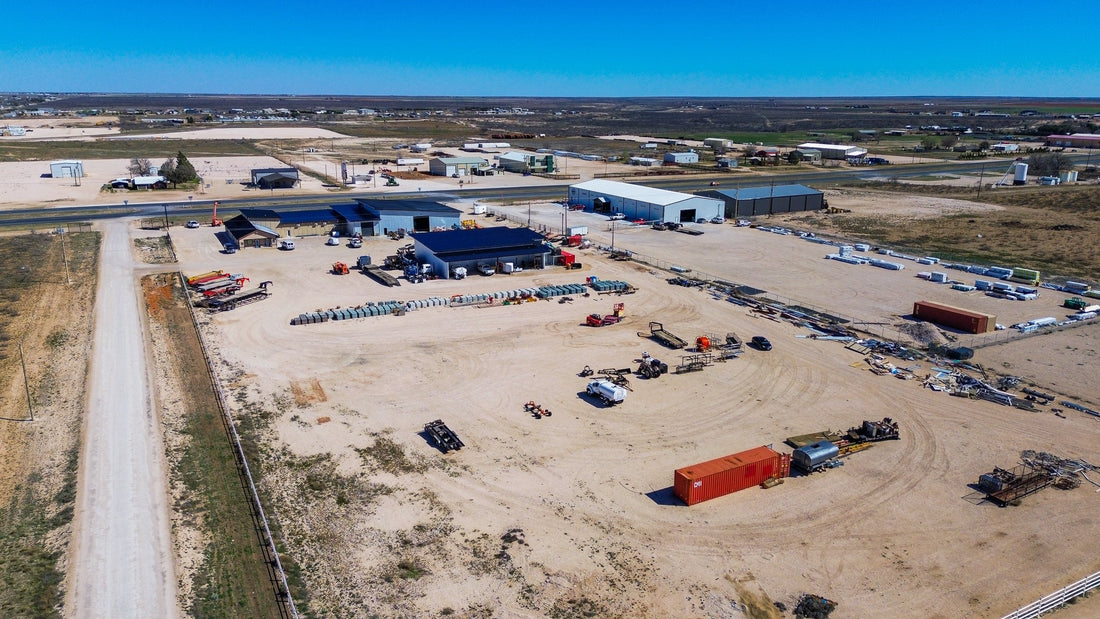When it comes to taking on projects—whether for personal, agricultural, or commercial use—having the right trailer can make all the difference. A properly chosen trailer not only helps you get the job done efficiently but also ensures safety, durability, and cost-effectiveness. With so many trailer options available in 2025, it’s easy to feel overwhelmed. This guide walks you through the essential factors to consider when selecting a trailer for your project.
1. Identify Your Project Needs
Before looking at trailer types, clearly define your project. Ask yourself:
-
What will you be hauling? (equipment, vehicles, bulk materials, livestock, etc.)
-
How often will you use the trailer? (one-time project, seasonal, or daily use)
-
Where will you use it? (highways, rural roads, farms, or construction sites)
For example, a landscaping project might require a utility trailer with side rails for hauling tools and debris, while a construction job could demand a heavy-duty flatbed or dump trailer for gravel and machinery.
2. Consider Weight Capacity and Size
Choosing the right payload capacity is one of the most important decisions you’ll make. Overloading a trailer can cause damage, safety risks, and even legal issues. Look for:
-
Gross Vehicle Weight Rating (GVWR): The maximum combined weight of the trailer and its load.
-
Axle capacity: Single-axle trailers work for lighter loads, while tandem or tri-axle trailers are better for heavier equipment.
-
Deck size and dimensions: Match the trailer length and width to the equipment or materials you’ll transport.
💡 Pro Tip: Always plan for slightly more capacity than you think you’ll need to avoid overloading.
3. Match the Trailer Type to the Job
Each trailer type serves different purposes. Here’s a breakdown:
-
Utility Trailers – Great for general use, landscaping, or small projects.
-
Flatbed Trailers – Ideal for hauling large, heavy, or irregularly shaped loads like machinery and building materials.
-
Dump Trailers – Perfect for construction and landscaping projects where unloading gravel, soil, or debris is required.
-
Enclosed Cargo Trailers – Best for protecting tools, vehicles, or valuable equipment from weather and theft.
-
Equipment Trailers – Designed for transporting heavy machinery like skid steers, tractors, or loaders.
-
Car Haulers – Built specifically for safely transporting vehicles.
Choosing the right trailer type ensures efficiency and reduces wear and tear on both the trailer and your towing vehicle.
4. Terrain and Towing Conditions
The conditions where you’ll use the trailer matter. If you’re hauling across rough terrain, look for:
-
Heavy-duty tires
-
Reinforced frames
-
Higher ground clearance
For long-distance highway hauling, prioritize:
-
Aerodynamics (enclosed trailers often save fuel)
-
Braking systems (electric brakes on heavier trailers)
-
Suspension quality for smooth travel
5. Safety Features and Legal Requirements
Safety should never be overlooked. Make sure your trailer includes:
-
Reliable braking system (electric or surge brakes depending on weight)
-
Proper lighting and reflectors for visibility
-
Breakaway system in case of detachment
-
Sturdy hitch and coupler rated for your tow vehicle
Also, check your local regulations—some trailers require registration, inspection, or special permits depending on size and use.
6. New vs. Used Trailers
Budget plays a big role in decision-making.
-
New Trailers: Come with warranties, latest features, and minimal maintenance needs.
-
Used Trailers: More affordable upfront but may require careful inspection for wear and hidden repairs.
If your project is short-term, renting might be the smarter option. If you’ll use the trailer frequently for years, buying can pay off in the long run.
7. Maintenance and Longevity
Like any equipment, trailers require proper maintenance. Look for:
-
Easy-to-grease axles
-
Rust-resistant coatings
-
Durable flooring (treated wood or steel)
-
Accessible wiring for repairs
A well-maintained trailer can last 10–20 years, making it a solid long-term investment.
8. Cost vs. Value
Price is always a factor, but the cheapest trailer isn’t always the best deal. Instead of focusing only on upfront cost, weigh the overall value:
-
How long will it last?
-
Will it handle your future projects?
-
Is the manufacturer reputable?
-
Are replacement parts easy to find?
Sniper Rentals: Your Trailer Partner in 2025
Still not sure which trailer is right for your project? At Sniper Rentals, we take the guesswork out of trailer selection. Whether you need a utility trailer for landscaping, a dump trailer for construction, or a flatbed for heavy hauling, our expert team can match you with the perfect solution.
We offer both rentals and sales, giving you flexibility depending on your budget and project length. Plus, every trailer in our fleet is maintained to the highest safety and performance standards.
👉 Contact Sniper Rentals today to get started on your project with the right trailer—because the right equipment makes all the difference.

